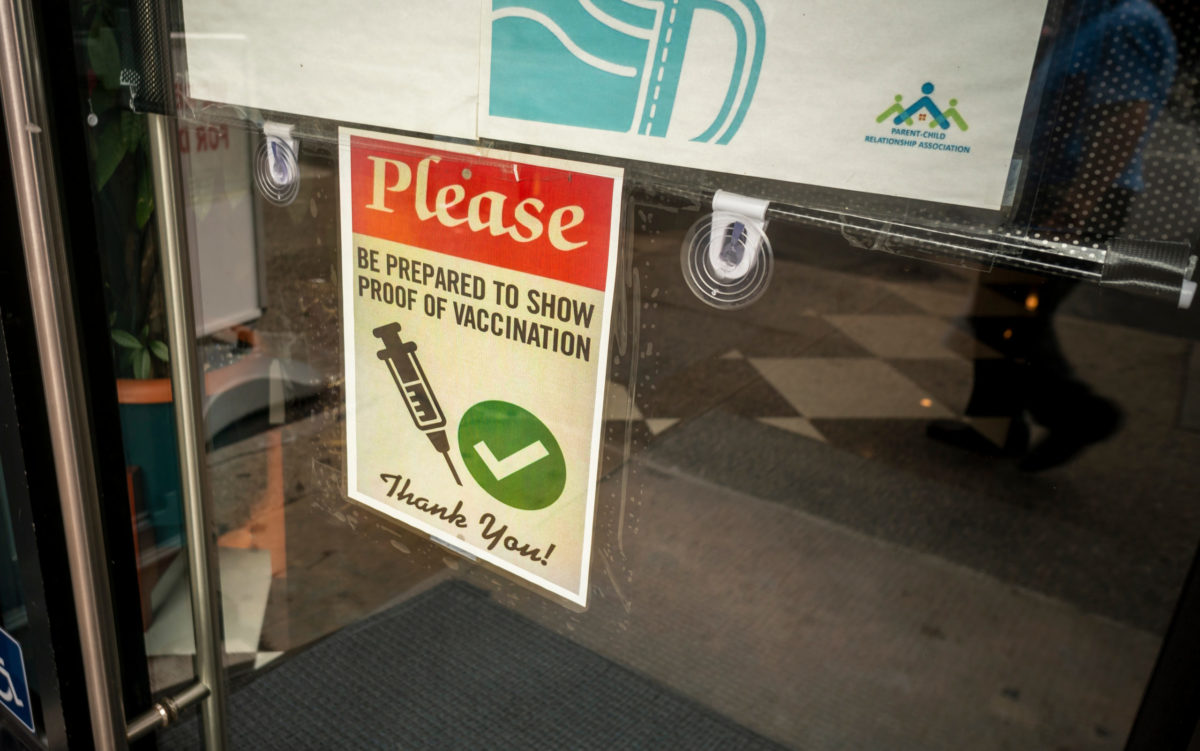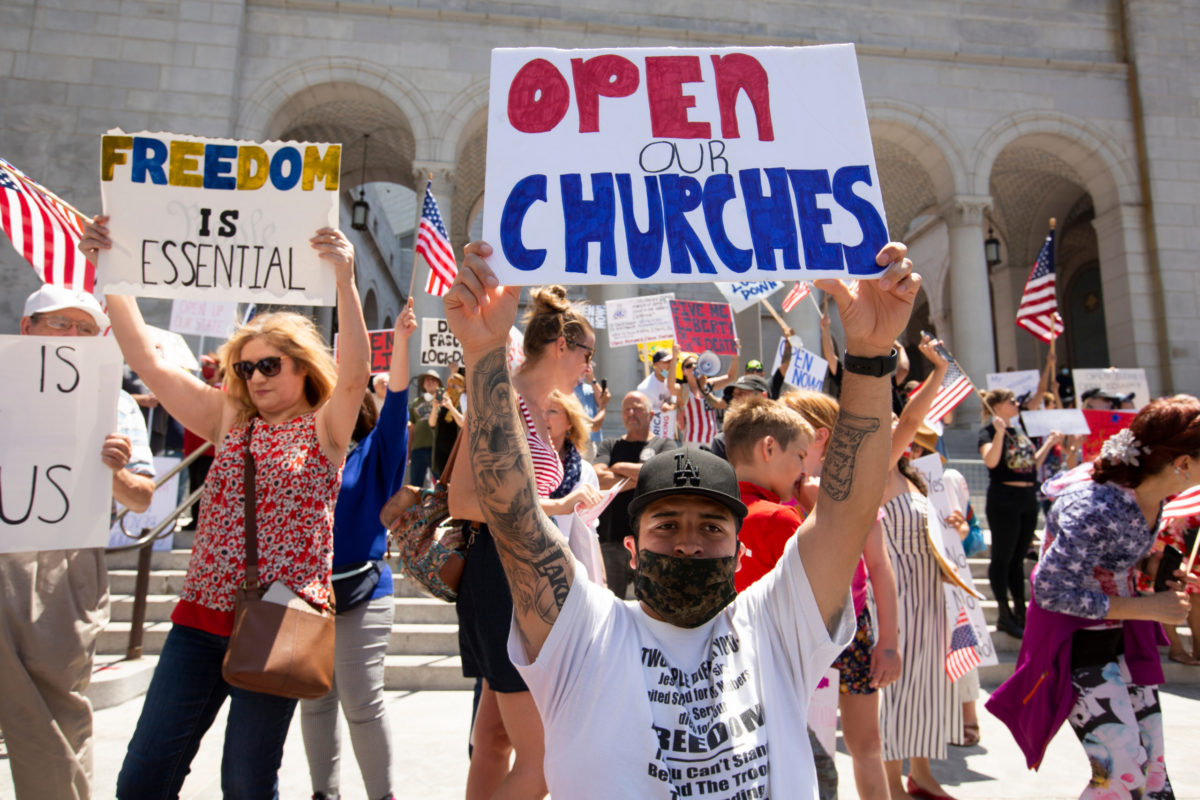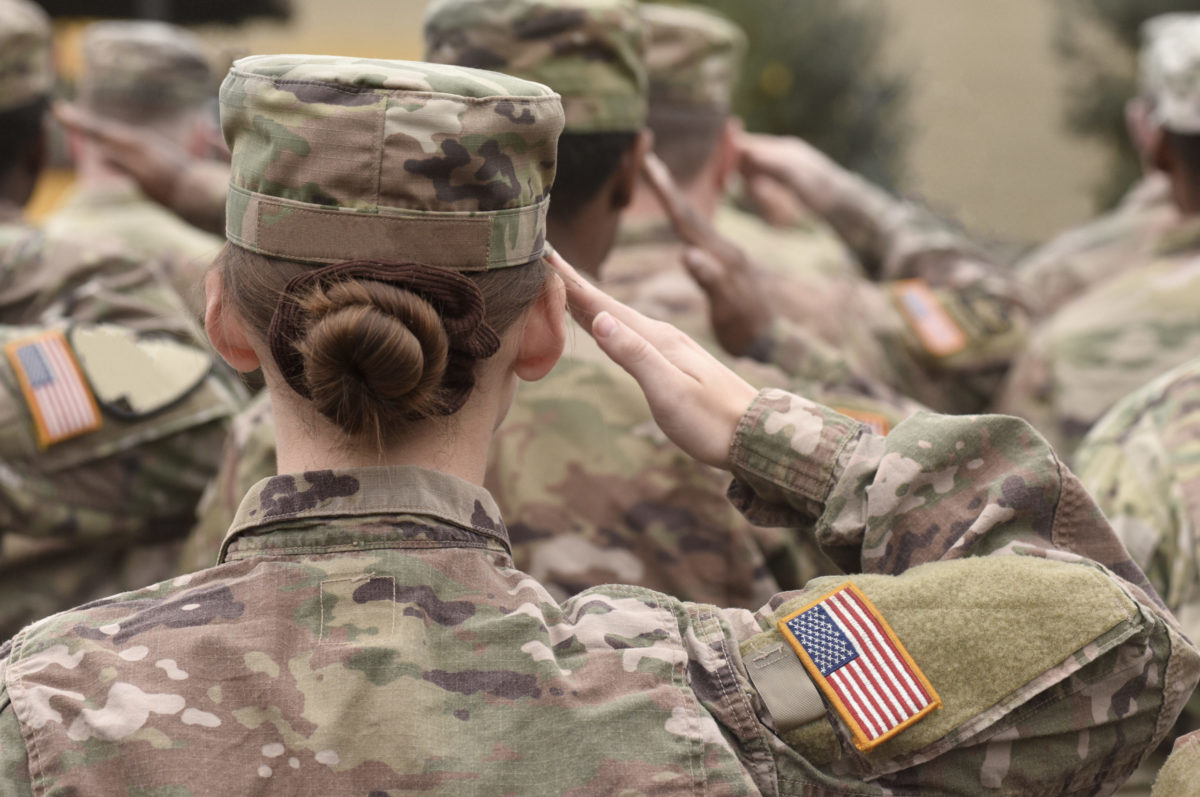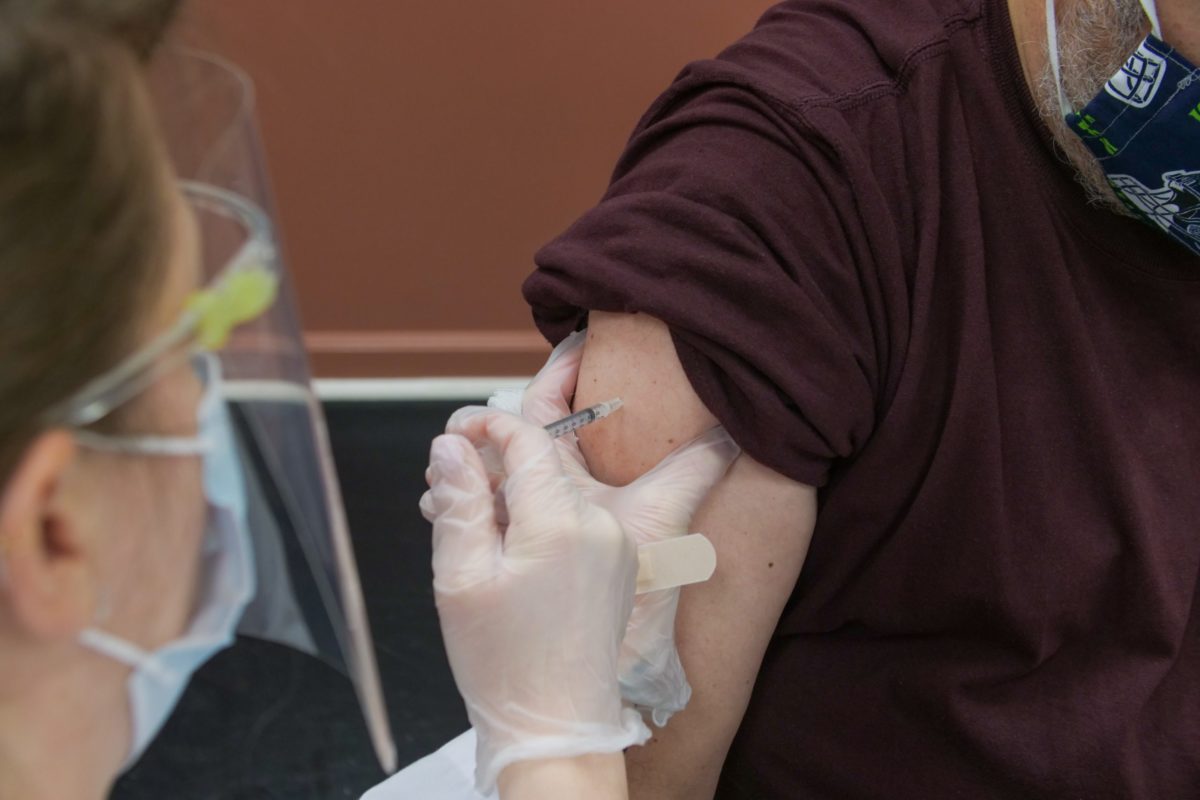Employers and the Future of Public Health
As state and federal public health authority erodes, employers may increasingly find themselves playing a central role in promoting public health.

As state and federal public health authority erodes, employers may increasingly find themselves playing a central role in promoting public health.

The Supreme Court seems poised to say that the existence of a secular medical exemption to vaccine mandates means a state must offer a religious exemption.

To date, the military branches have granted very few religious exemptions to the COVID-19 vaccination requirements.

The legal basis of Americans’ supposed right to a religious exemption to vaccination is less clear than such policies’ popularity would suggest.

Entities imposing COVID-19 vaccination mandates can take simple but significant steps to counter misuse of medical exemptions.

Granting exemptions on the basis of religion incentivizes people to lie, and exemptions are more likely to be given to people who have lied well.

Now that children over the age of 12 can get vaccinated against COVID-19, will immunization become a requirement for returning to school?

Legislators should show the out-of-state anti-vaccine movement that intimidation doesn’t work here.

Religious exceptionalism is emerging as a key trend in recent Supreme Court decisions, particularly those related to COVID-19 restrictions.

Under existing federal statutes and case law, colleges and universities have broad discretion to require vaccination as a condition of a return to campus.
